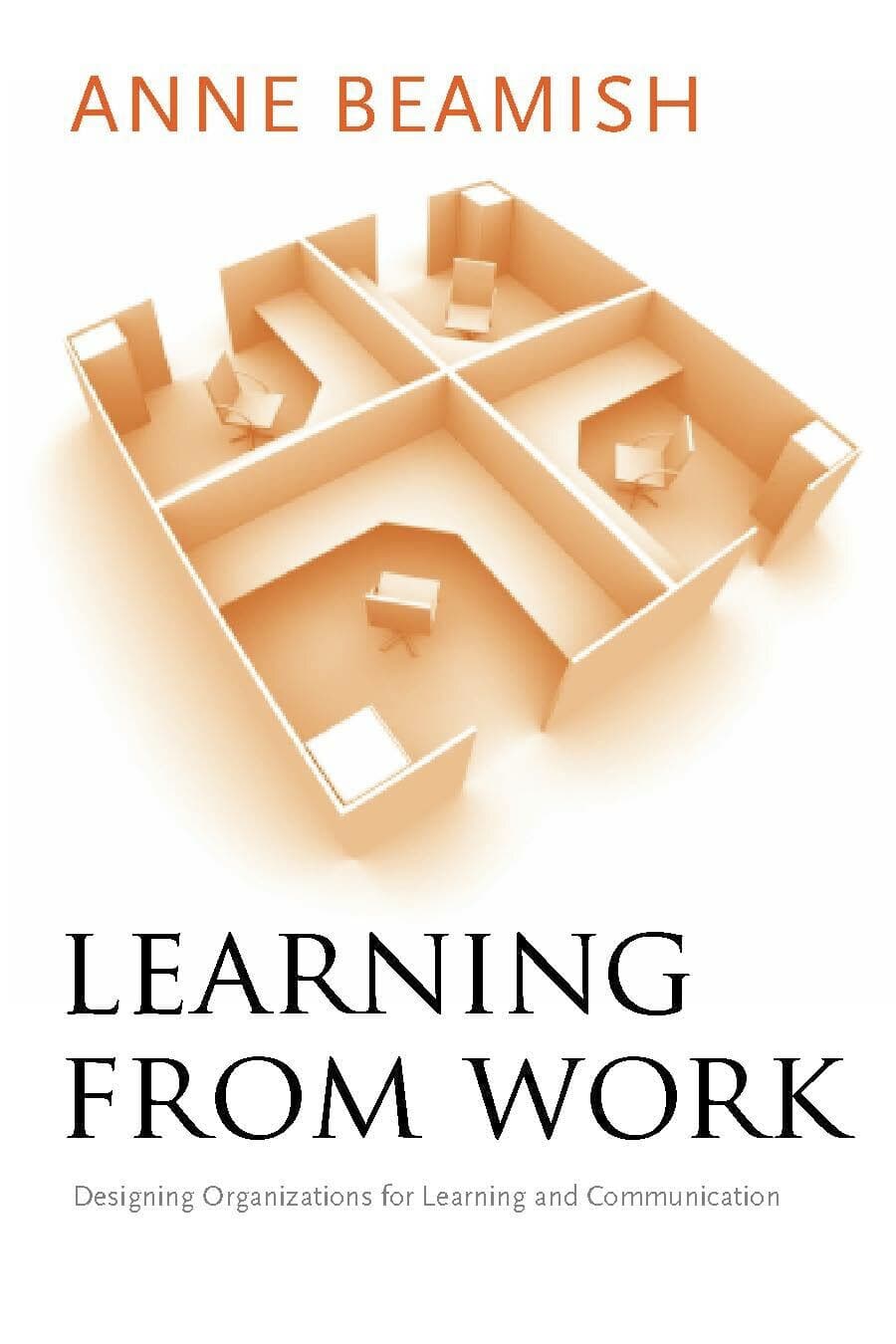Learning from Work
Also Available from

Gaining a thorough understanding of today's complex workplace is of vital importance to both business professionals and academics—not only because it leads to a deeper understanding of individual motivation in the work context, but also because it reveals ways in which work practices can be improved. This requirement for both understanding and action has become especially pressing in the area of "learning in organizations" as businesses have become ever more "knowledge-based." There is now an urgent need to comprehend how people and organizations learn, and then to store and transfer the resulting new knowledge to facilitate the design of work environments and practices.
Learning from Work directly addresses this growing workplace need by examining how people communicate and learn in one of the most complex of industry structures: the automobile industry. It is the very nature of this industry's complexity that makes this study so valuable. The combination of global scale, plus the nature of the relationships between the manufacturers and the dealerships (the dealerships are independent businesses that are only loosely coupled to the manufacturers) make the barriers to communication and learning quite high, and make the solutions to overcoming them applicable in many different work environments.
Anne Beamish suggests that the only way is to increase learning and improve collaboration and communication in complex organizations is to apply design thinking. This is the only comprehensive method, she claims, that can unleash the kind of innovative and effective solutions required to overcome the inherent structural, procedural, and political barriers.
"Learning from Work is a satisfying read that sheds light on the situated nature of workplace learning. Prepackaged learning solutions don't work for good reasons—as Anne Beamish shows in this case study of automobile dealerships. Readers will see how they can use design thinking to get below the surface of learning problems and proposed solutions." —Victoria J. Marsick, Co-Director, J.M. Huber Institute for Learning in Organizations




